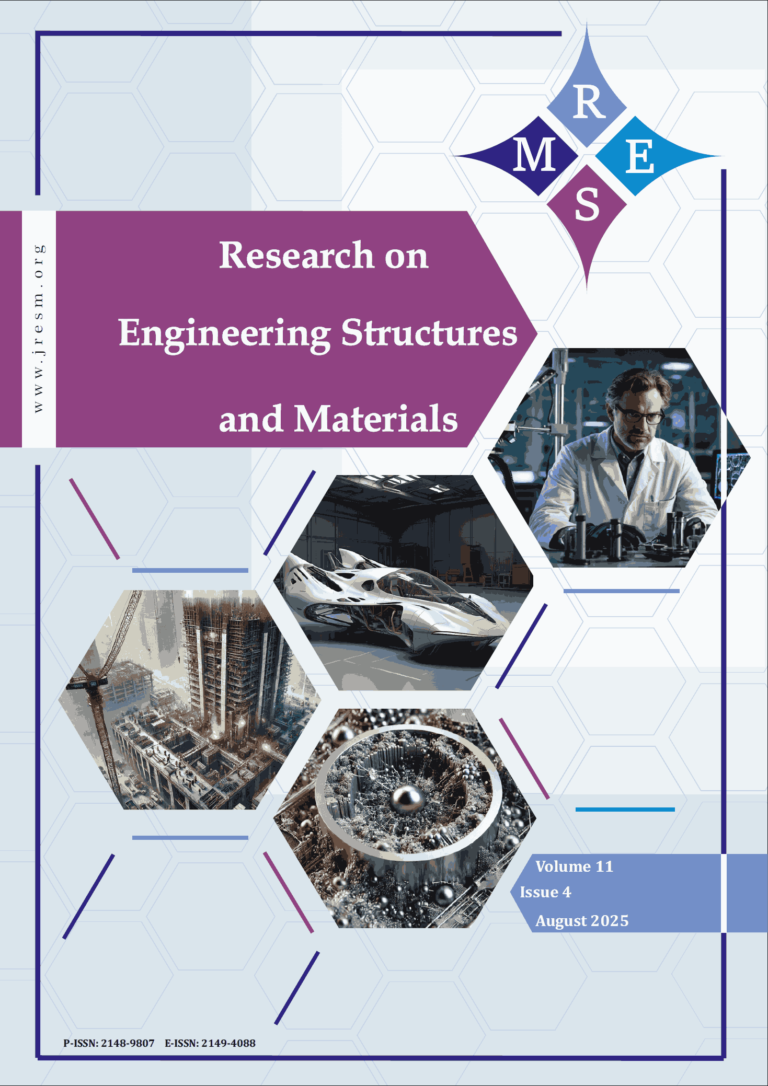Extensive research was performed to investigate the concrete properties (hardened and durability) with finer and coarser recycled aggregates. Fewer studies have discussed on the effect of bio-treatment to recycled aggregates in concrete to overcome its higher water absorption characteristics. However, the studies on the use of bio-treated recycled aggregates as alternative to natural aggregates in real time traffic applications needs to be increased. This paper investigates the feasibility of utilization of recycled coarse aggregate (RCA), recycled fine aggregate (RFA), bio-deposited recycled coarse aggregate (BRCA) and carbonated recycled fine aggregate (CRFA) in the production of sustainable paver blocks for various traffic volumes. The RCA was bio-treated with Bacillus sphaericus at 105cells/ml and RFA was carbonated at 0.2 bar to produce hexagonal paver blocks of 80 mm thickness. The research involves the determination of density, strength and water absorption of paver blocks at suitable ages. The strength of bio-deposited and carbonated paver blocks was reduced by only 6.13% and 8.9% and the water absorption bio-deposited and carbonated paver blocks was increased by only 2.86% and 1.24% compared to conventional paver block. The impact energy of bio-deposited and carbonated paver blocks was 18.6% and 17% lesser compared to conventional paver block. Microstructural investigations through scanning electron microscope (SEM) and X-ray diffraction (XRD) illustrates the CaCO3 formation that seals the crevice on the recycled aggregate and improves the properties of paver block.
